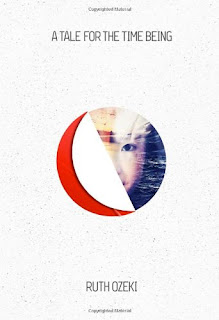Rating: 4/5
Review:
A welcome collection
It is good to have Fran Landesman's poems collected in a
single volume. I was aware of her only
from odd poems in anthologies or quoted occasionally by someone else, so I am
glad to be able to take a serious look at her work – and it's generally very good.
Fran Landesman generally writes in formal stanzas using both
rhyme and metre. There's often an almost
childlike simplicity to her metre which in the early poems doesn't work so well;
some come across as rather amateurish sub-Dorothy Parker stuff – especially as
her rhythm is pretty shaky and forced at times.
However, in the later poems it's a much more effective style: more
tightly controlled and the maturity and skill she's developed make the contrast
much more effective between the often umpty-tumpty feel of the rhythm and the
more serious content.
Her subject matter is often love affairs gone wrong, the
yearnings of the heart and the sexist nonsense which she spent a lot of time
pointing out and subverting very effectively. It's often poignant and quite penetrating, and
it's also witty and sometimes genuinely funny – like Yankee Doodle Londoner
about the differences between US and UK English usages, for example. To give an
example of her style, I liked "She" (for Hanja) which begins:
She so pretty, She so crazy
So delightful and so lazy
She make pictures, She make babies
All her life is full of "maybes"
She can light your darkest hours
She got visions, she got powers
Everything She makes unravels
Got no money, still She travels…
A very believable and recognisable portrait, I thought.
I don't think this is great poetry, to be honest, but
there's some very good verse here which is often evocative and thoughtful, and
the occasional very different-feeling poem, like the extremely atmospheric
"Boy" for example, brings a sense of the depth which can sometimes
get lost among the bouncing stanzas. I'm
glad to have this and to have made the acquaintance of these poems. Fran Landesman's work is well worth reading
and preserving, and I can recommend this collection.

















